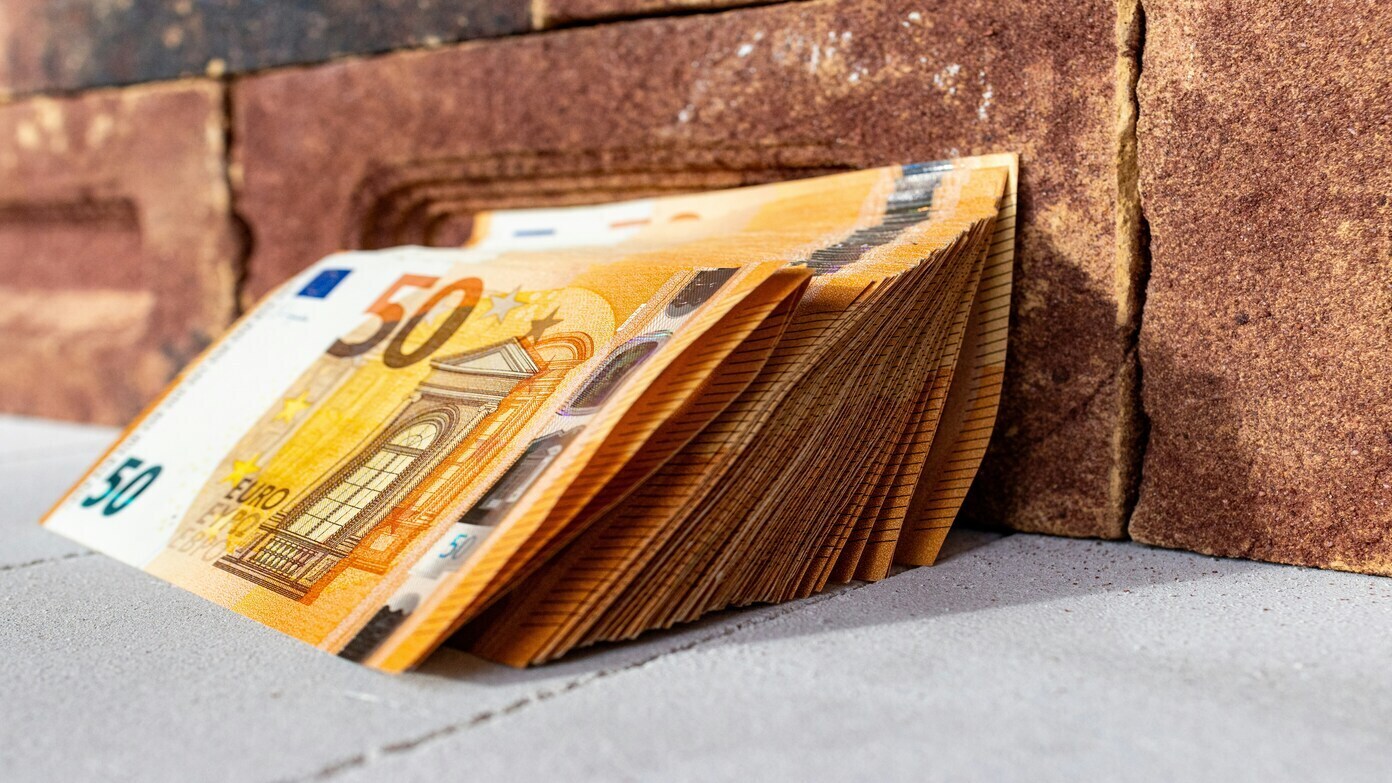Prices for certain products are increasing. The iconic department store has announced that new tariffs, particularly those affecting Chinese goods, are forcing the company to raise prices. And unfortunately, that means millions of Americans like you could end up paying more.
Why are prices going up
Macy’s CEO Tony Spring recently explained that global trade tensions are squeezing the company’s profits. During a quarterly earnings call, Spring said the retail giant is doing its best to soften the blow. Macy’s is cutting back on Chinese suppliers, reworking contracts, and changing up its inventory strategy. “We are canceling or delaying orders where the value proposition isn’t adequate,” he said.
In simple terms, if a product costs too much to import due to tariffs, Macy’s may stop selling it, or raise its price.
Where you’ll see the increases
CFO Adrian Mitchell was clear: not all prices will go up. Macy’s is taking what he called a “surgical” approach. That means the company is targeting specific brands and categories, especially those where shoppers will still see the price as a good deal. You might not see huge hikes across the board, but certain items in clothing, home goods, and electronics could cost more.
So, if you’re eyeing a new coat or kitchen appliance, don’t be surprised if it’s more expensive than it was last season.
The bigger picture
These tariffs aren’t small. The ones imposed in April added a staggering 145% cost to some Chinese goods. Macy’s estimates that the overall impact could reduce its annual profit margin by 20 to 40 basis points.
As a result, the company has lowered its earnings forecast for the year. It now expects to earn between $1.60 and $2.00 per share, down from the earlier prediction of $2.05 to $2.25. That’s a big shift, even if revenue expectations remain steady at $21 to $21.4 billion.
Looking for alternatives
To avoid passing more costs onto you, Macy’s is exploring other sourcing options. Spring said the company is now turning to suppliers in Southeast Asia and Europe. While it still does some business with Canada and Mexico, those regions aren’t a major part of its supply chain.
“In this changing environment, we control what we can,” Spring said. That means adjusting quickly and being smart about where products come from.
Macy’s isn’t alone
Macy’s is not the only store raising alarms. Walmart and Target have also warned about the strain tariffs are placing on their businesses. Walmart even hinted it might raise prices too, saying current profit margins aren’t strong enough to absorb the extra costs.
Meanwhile, President Donald Trump has criticized companies for passing tariffs on to shoppers. But for retailers like Macy’s, the math is simple: if it costs more to bring in a product, someone has to pay—and that someone might be you.

